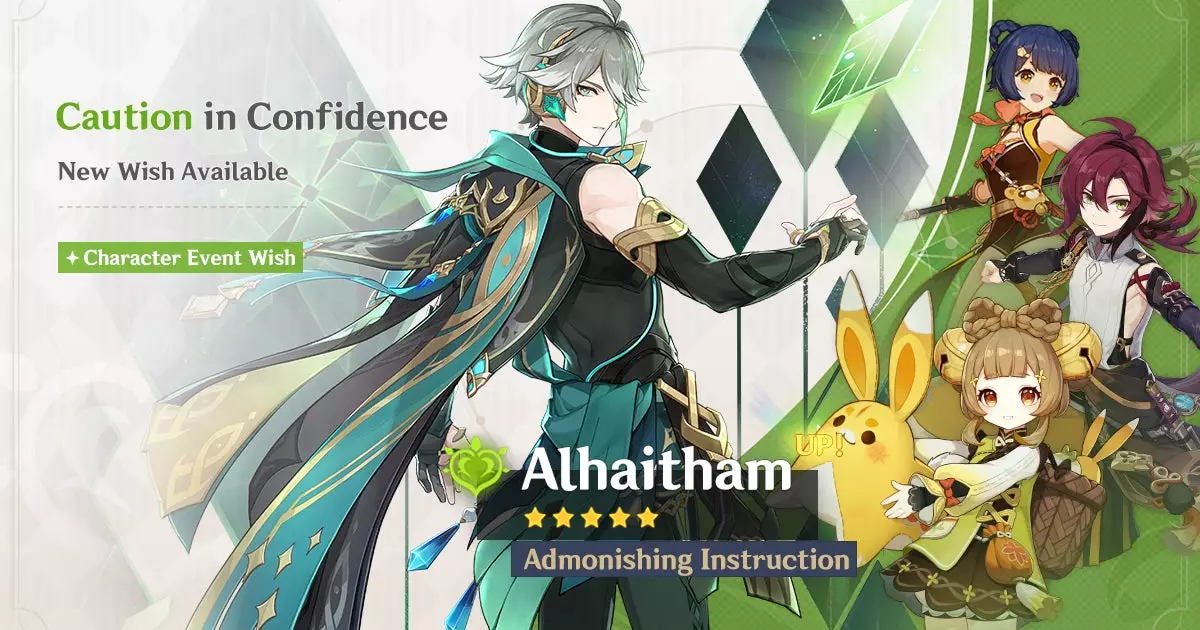In a landmark decision, HoYoverse, the developer behind the immensely popular game Genshin Impact, has agreed to a $20 million settlement with the U.S. Federal Trade Commission (FTC). This hefty fine is not just a financial penalty; it serves as a stark reminder of the growing concern surrounding ethical practices in the video game industry, especially when it involves vulnerable demographics such as children and teenagers. The FTC’s investigation revealed that the game’s monetization strategy, specifically the marketing of loot boxes, presents substantial risks and potential misinformation to players.
The FTC has accused HoYoverse of using “dark patterns,” a term that describes user interfaces designed to manipulate players into spending more money than intended. The complaint highlights that the system in place for purchasing loot boxes is convoluted and misleading, especially for younger players. The game utilizes multiple currencies that must be exchanged back and forth, creating a confusing labyrinth that obscures the true financial cost of in-game purchases. This complexity not only misleads players regarding financial commitments but also encourages unhealthy spending habits, particularly among impressionable youth.
Moreover, the complaint outlines that Genshin Impact creates an illusion of favorable odds for winning high-value “Five-Star Prizes.” Through event promotions and influencer marketing strategies, players are led to believe that they possess better chances to win sought-after items than is genuinely the case. These deceptive tactics undermine trust and could potentially lead to financial distress for players who fall victim to this misleading advertising.
A significant aspect of the FTC’s findings revolves around the protection of children in online environments. The regulatory body alleges that HoYoverse collected personal information from minors, violating the Children’s Online Privacy Protection Rule (COPPA). This raises serious ethical questions about the responsibilities game developers hold when creating products targeted at younger audiences. The challenge intensifies with the recognition that many children lack the maturity to navigate complex buying systems and may not fully grasp the financial implications of their in-game decisions.
As part of the settlement, HoYoverse will be required to delete any data pertaining to users aged under 13 and will be barred from selling loot boxes to individuals under 16 without parental consent. This regulatory intervention is essential in safeguarding children’s online privacy and promoting transparency in gaming practices.
Industry-Wide Implications
Samuel Levine, Director of the FTC’s Bureau of Consumer Protection, articulated the urgency of halting such manipulative practices. The settlement not only aims to protect consumers, especially the vulnerable ones, but also sets a precedent that could resonate throughout the gaming industry. As digital economies continue to grow, an increasing number of scrutinies will likely emerge, compelling companies to reevaluate their monetization strategies.
The case against HoYoverse stands as a critical juncture for the gaming industry, highlighting the need for ethical marketing practices and the protection of minors in digital environments. The repercussions of this settlement could influence how game developers structure their monetization approaches moving forward, ushering in a new era of accountability and transparency in online gaming.

